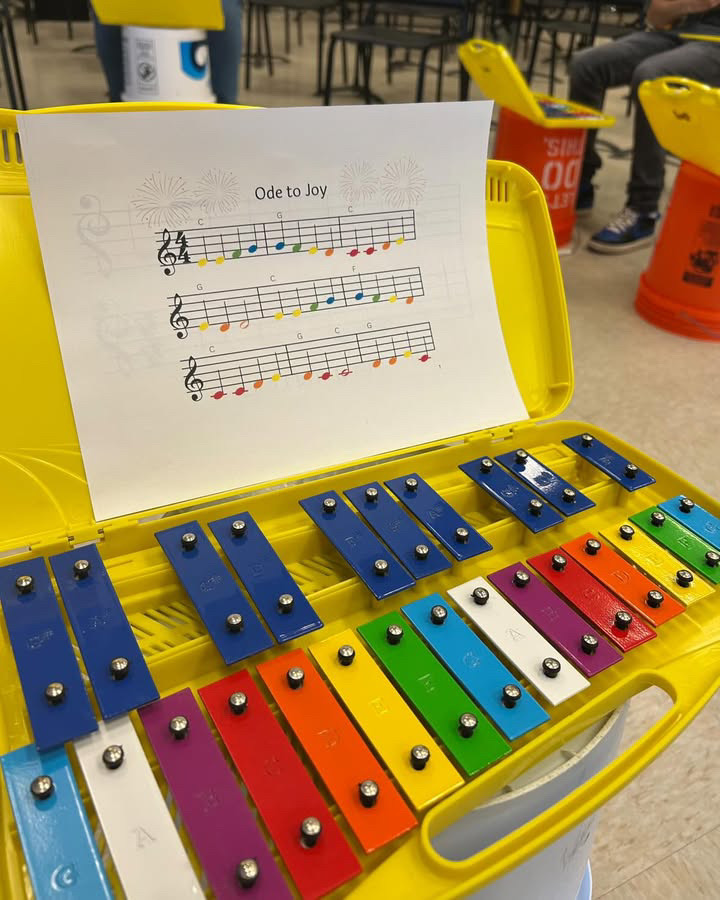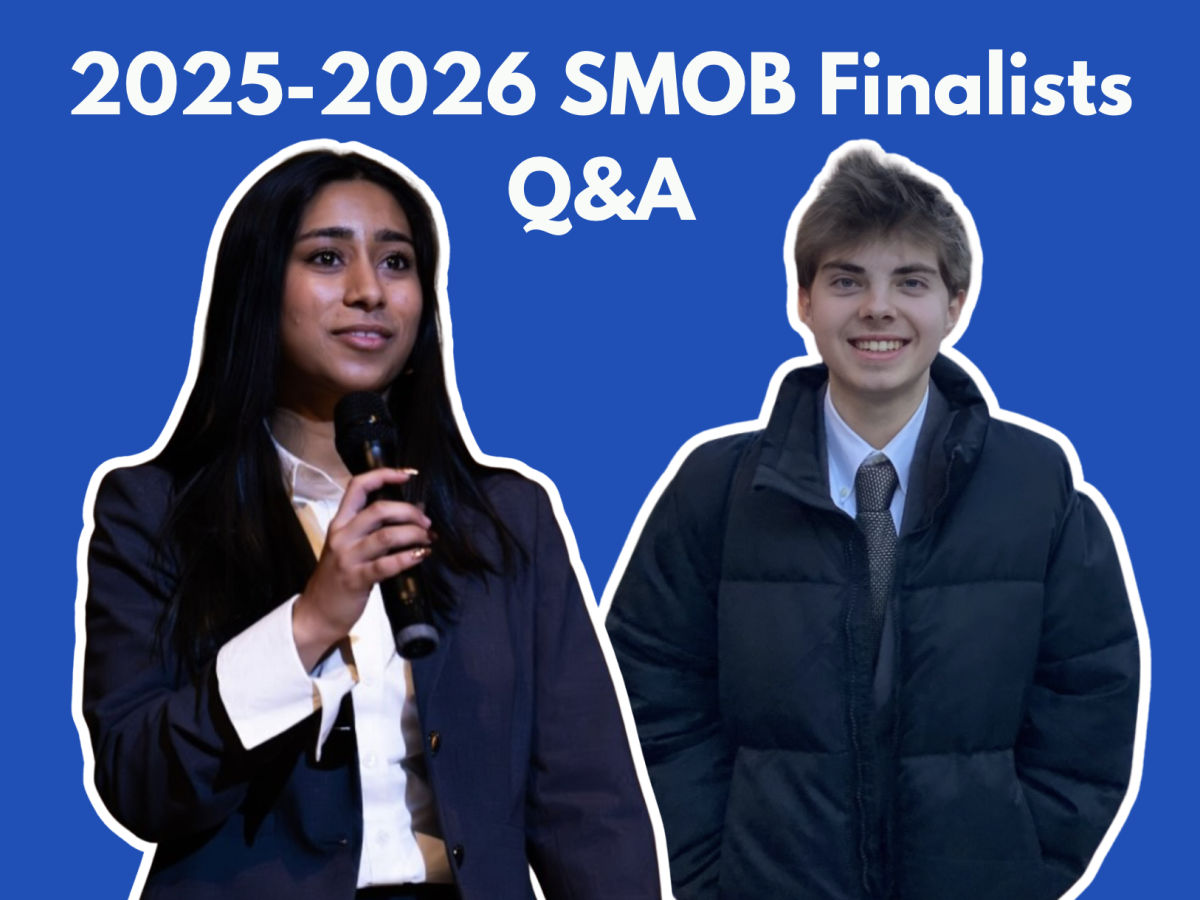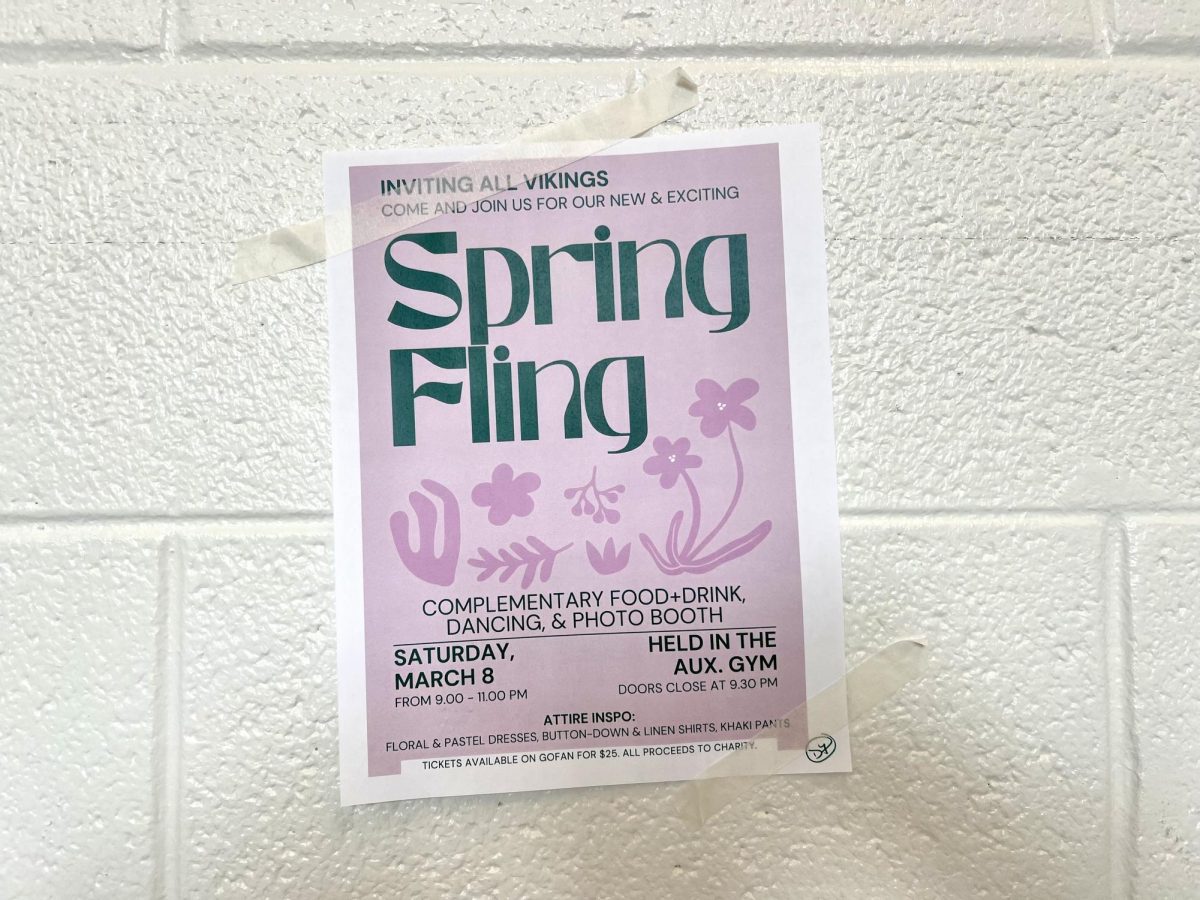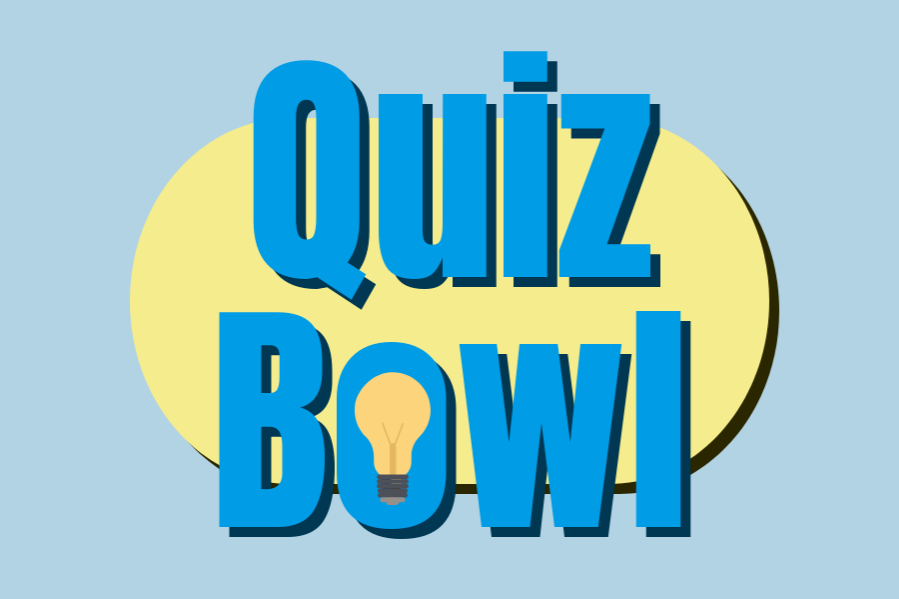Since OpenAI’s 2022 unveiling of ChatGPT for the public — the first major generative artificial intelligence (AI) chatbot, teachers — parents and school administrators have worried about its impact on students’ education. Now that the initial rush has settled, The Black & White surveyed 127 anonymous Whitman students to answer key questions about the student body’s use of generative AI. The results underscore just how individualized the impact of AI is, with surveyed students reporting widely varying levels and purposes of AI use.
The results show that AI tools remain popular among students, with 82% of Whitman students reporting using AI for any purpose and 63% reporting using it for school-related purposes such as brainstorming essay topics or teaching them concepts they were unable to grasp from class.
Freshmen, however, use AI at a much lower rate. Freshmen report using AI for any purpose 15% less than the rest of the school and 20% less for school-related purposes.
One of the biggest academic concerns surrounding AI has been its use as a tool for cheating such as for writing essays or completing homework. 22% of Whitman students report using AI for academically dishonest purposes, with 5% reporting they have submitted an essay written by ChatGPT. Survey data indicates that most students aren’t using AI for dishonest purposes.
Additionally, there was no singular common use of generative AIs among surveyed students, as 35% of students reported using AI to help them understand an assignment or teach them something, while 31% reported using it to help them brainstorm for a paper or project.
Some contributing factors to AI usage among students included stress and a lack of time to finish work, with 27% and 25% of students respectively reporting AI use for those reasons.
There is a narrative at Whitman and around the nation that as stress levels in schools increase, so does academically dishonest AI usage. However, using Advanced Placement (AP) classes as a stand in for stress, the B&W’s survey found little to no correlation between academically dishonest AI use and stress.
In addition to not being an indicator of academically dishonest AI use, AP classes are also not an indicator of any AI use. Students who take more AP classes have very similar rates of AI use as students who take few or no AP classes. At Whitman, taking AP classes does not correlate to higher AI use for academically honest or dishonest purposes.
Even though the number of AP classes doesn’t appear to have much bearing on AI use for cheating, grade level does. Juniors report cheating with AI at a rate of 30%, a 36% increase from the average. Juniors also report turning in essays written by ChatGPT three times more than the average Whitman student.
According to a poll of American adults by YouGov, 42% of Americans think that AI will have a positive effect on society, while 27% disagree and 32% are neutral or said they didn’t know. Those national results differ from those at Whitman, where 55% of students said they were neutral, 22% said AI will have a negative effect and 18% said it will have a positive effect.
The B&W’s survey also asked respondents an open-ended question about the value of AI regulation in schools. The responses fit into three categories — those who support banning AI in schools, those who endorse some regulation and those who think AI should be unregulated in schools. Of those with a clear answer, 26 people wanted to ban AI in schools, 15 favored no restriction on AI use in schools and 28 were somewhere in between. However, the individual answers were more nuanced than these categories suggest.
While many students who wanted to keep AI simply declared that there should be “No regulation,” others gave more reasoning.
One, Sophomore, said administration should not regulate AI “because there’s nothing they can do about it anyway.”
Some students wanted partial regulation.
One, a junior, said that AI “can be used in a smart way to assist students and alleviate stress,” People who favored an AI ban were much less varied in their approach with many people simply saying AI “shouldn’t be there” or “should be blocked for students.” Overall it’s clear that there is still no consensus among students on the optimal response to AI’s impact for students, and as generative AI advances it will continue to be individual decisions that shape the future of AI at Whitman.


















